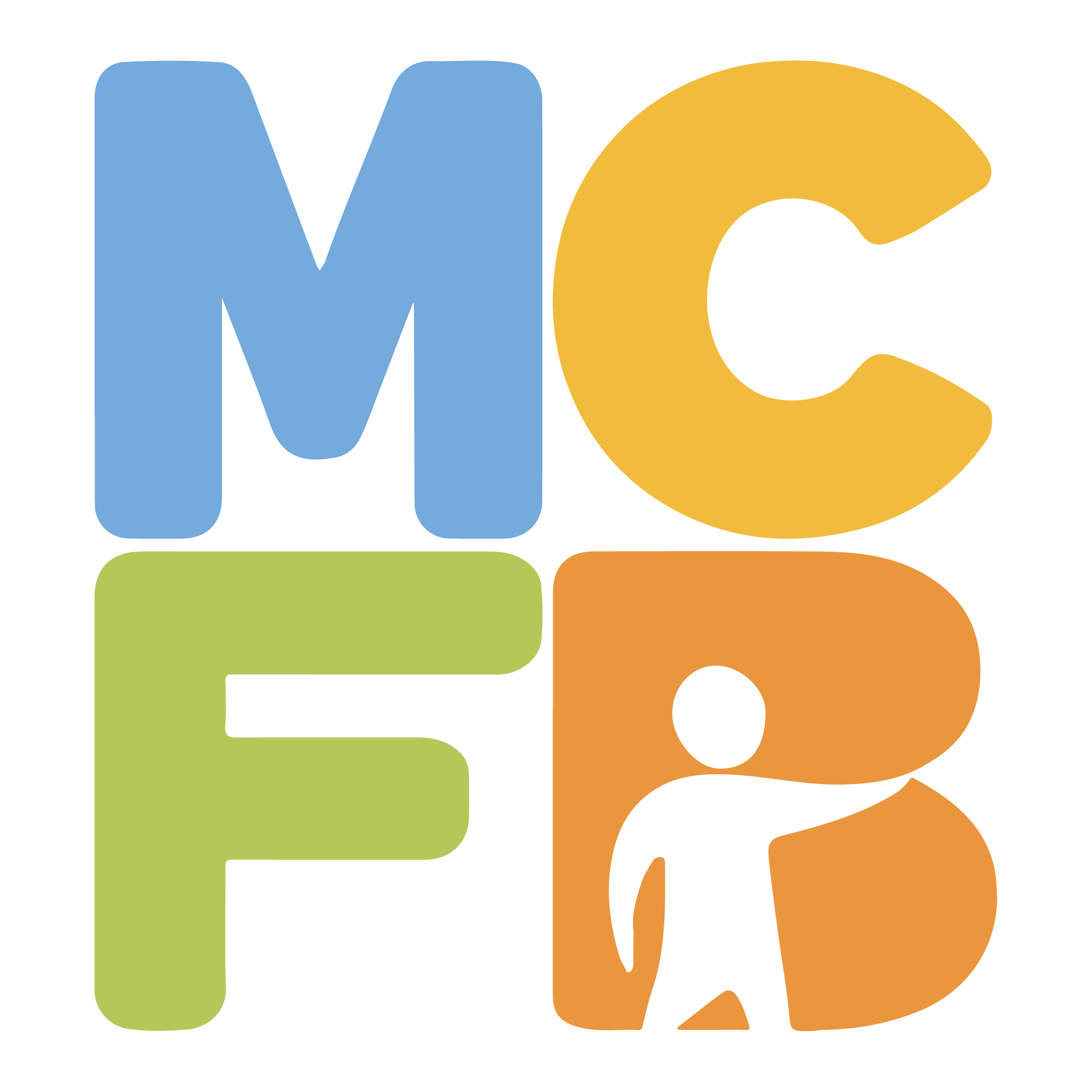Listening to the Future: Young Voices in Advocacy
By Genevieve Balivet, Grand Valley State University
In social advocacy, we often discuss listening to and uplifting unheard voices: Black, Asian, and Minority Ethnic (BAME) voices, migrants’ voices, and women’s voices. But one group we often forget are children and young people. Usually, adults are the ones organising movements, creating goals, and taking action, claiming to do so for young people’s sake. When do young people have the opportunity to envision their own futures? And how often do we adults listen to them?
As a group, young people are no strangers to social movements; across cultures and history, they organised to fight oppression and systemic harm. Yet young people are ignored, underestimated, and infantilized by older advocates. Some may consider them inexperienced or lacking the knowledge to have valuable input. Additionally, young people lack a political voice until their teenage years. While they can raise awareness, they have no direct say in political processes. As a result, youth are left out of planning the futures for which they fight. This can ostracise them from the cause and reinforces the hierarchy that leaves them with fewer rights and less autonomy.
The solution is simple: give young people opportunities to speak and listen when they do. This helps them in several ways. First, they can exercise their human rights to be heard and express themselves, as outlined in the United Nations Convention on the Rights of Children (UNCRC, Newell, 1991). This guideline for the rights of children (anyone under 18) states young people have the right to share their views on any decision affecting them, from court decisions to home life to social movements. Creating space for young people to speak is creating opportunities for them to enjoy their rights. Self-expression also nurtures young people’s confidence and self-respect. It gives them practise advocating for themselves, which makes them less likely to submit to individual or systemic abuse. They also become stronger leaders, active in shaping their futures and able to continue the movement when older members are gone.
By listening, we adults can learn so much from young people. They have a wealth of knowledge and ideas, and their passion can be infectious. Including them creates a stronger, more well-rounded movement. Listening also lets us better advocate on young people’s behalf. We can put our energy into action that truly supports them and the future they want, not what we assume they want. Lastly, listening builds trust and communication between us and young people. Through this mutual trust and respect, our relationships, and thus, our advocacy, become stronger.
For MCFB’s part, we are committed to creating opportunities for young people to use their voices. As part of our 25th year History Book, we are hosting a workshop for our Young Ambassadors. Meeting regularly across the year, this group teaches young people the skills to become advocates, directed by the interests of the young people themselves. In this workshop, they can write about their future hopes for MCFB, Edinburgh, and themselves. Through this, and continuing to provide these opportunities, we build relationships and better support them as they become leaders and advocates for the change they want to see.
Sources
Newell, P. (1991). The UN convention and children’s rights in the UK. National Children’s Bureau.

